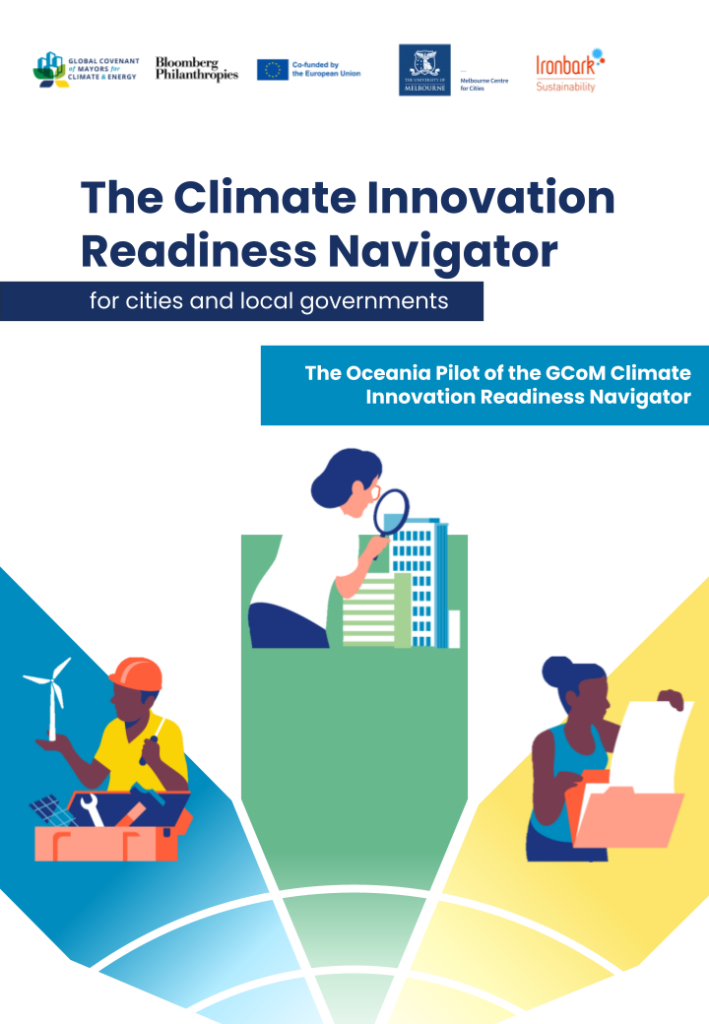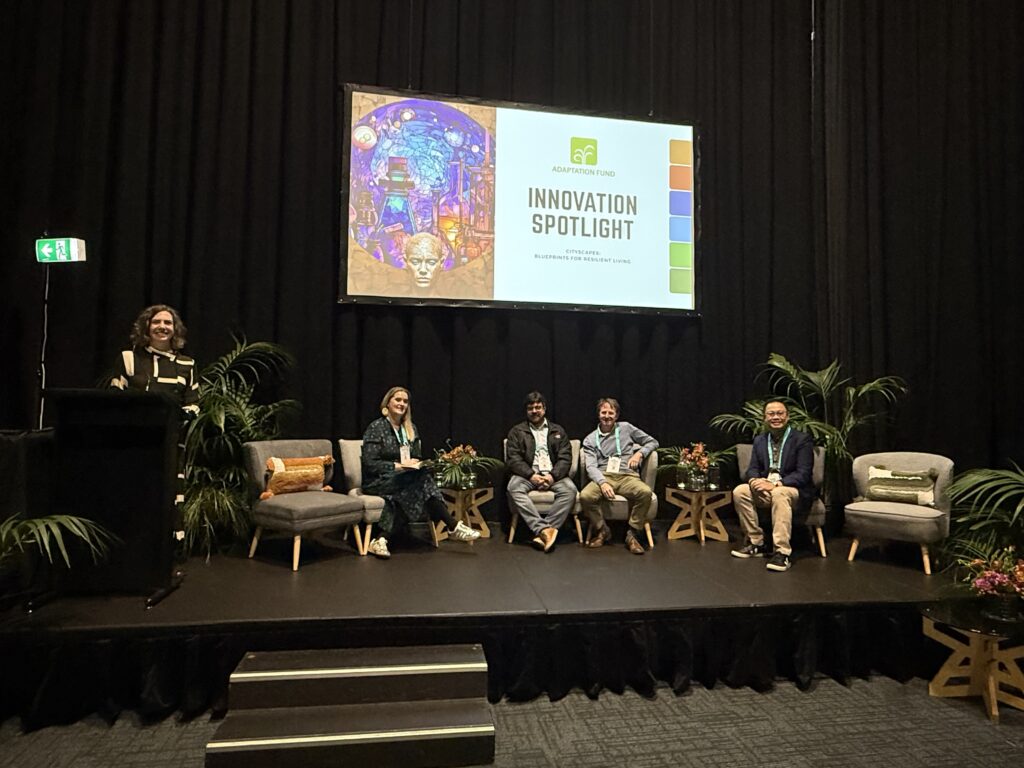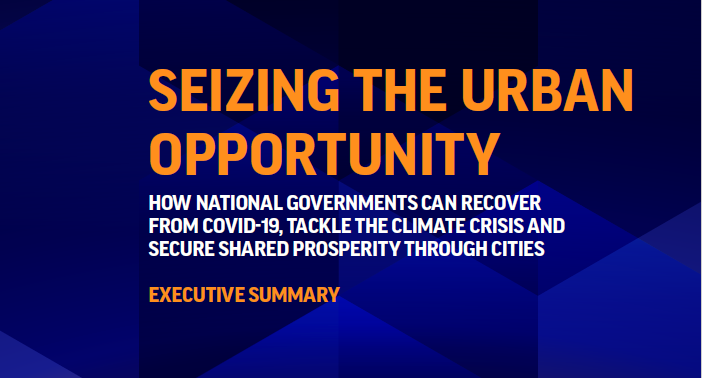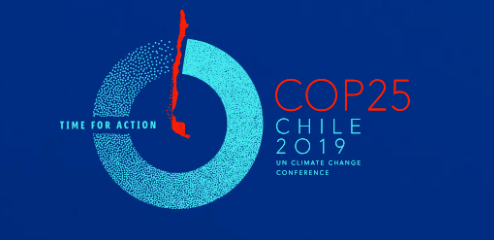GCoM and University of Melbourne Complete Successful Pilot of Climate Innovation Readiness Navigator in Oceania
Achieving a net-zero, resilient, and just urban future requires rapid and transformative climate action. That action depends on robust evidence that supports the decisions and actions that local practitioners and officials take. The Global Covenant of Mayors for Climate & Energy (GCoM) has completed a pilot testing phase for the ‘Climate Innovation Readiness Navigator for Cities and Local Governments’ (CIRN) across the Oceania region – announced at the 2025 Adaptation Futures Conference – demonstrating the tool’s effectiveness in assessing cities’ readiness to engage in innovative climate action.
Conducted by the University of Melbourne in partnership with Ironbark Sustainability, the pilot tested CIRN across diverse cities in Australia, New Zealand, and Pacific Island nations, providing crucial insights for accelerating climate innovation across one of the world’s most climate-vulnerable regions.
This pilot validated GCoM’s approach to helping cities understand their readiness for climate innovation – defined as their ability to govern, generate, adopt, and implement new or improved products or processes – and find effective partners for their climate action priorities. The CIRN pilot delivered results across three key areas:
- Rapid Assessment of Climate Innovation Readiness: The pilot successfully established baselines of strengths and opportunities across participating cities. City officials reported being “very surprised with how accurate the desktop review was” when validated against internal knowledge. The assessment revealed that participating Australian cities demonstrate strong governance and idea generation capabilities, while participating Pacific Island cities face unique capacity constraints requiring targeted support.
- Prioritization for Fast-Tracking Innovation: Cities gained specific insights into focus areas for improvement. For example, one city identified excellence in pilot projects but noted scaling challenges, explaining that “we’re good at pilot projects, but …we’re not good at scaling.”
- Cross-Sector Partnership Acceleration: The pilot identified opportunities for enhanced collaboration. Multiple city participants recognized gaps in private-public partnerships, while also underlining needs for stronger university collaboration. The assessment highlighted the under-resourcing of the private sector and community innovation capacity in climate action across the region.
The pilot revealed Oceania’s unique climate innovation landscape, where traditional knowledge systems integration with modern approaches, presents distinctive opportunities.
Building on this successful foundation, Melbourne Centre for Cities and Ironbark Sustainability are developing a 2026 comprehensive regional assessment project, which includes a focus on enhancing climate innovation capacity across Australia and the Pacific. Participating cities will be invited to bi-monthly workshops to develop a roadmap to accelerate their uptake of climate innovation and establish key partnerships to do so.




